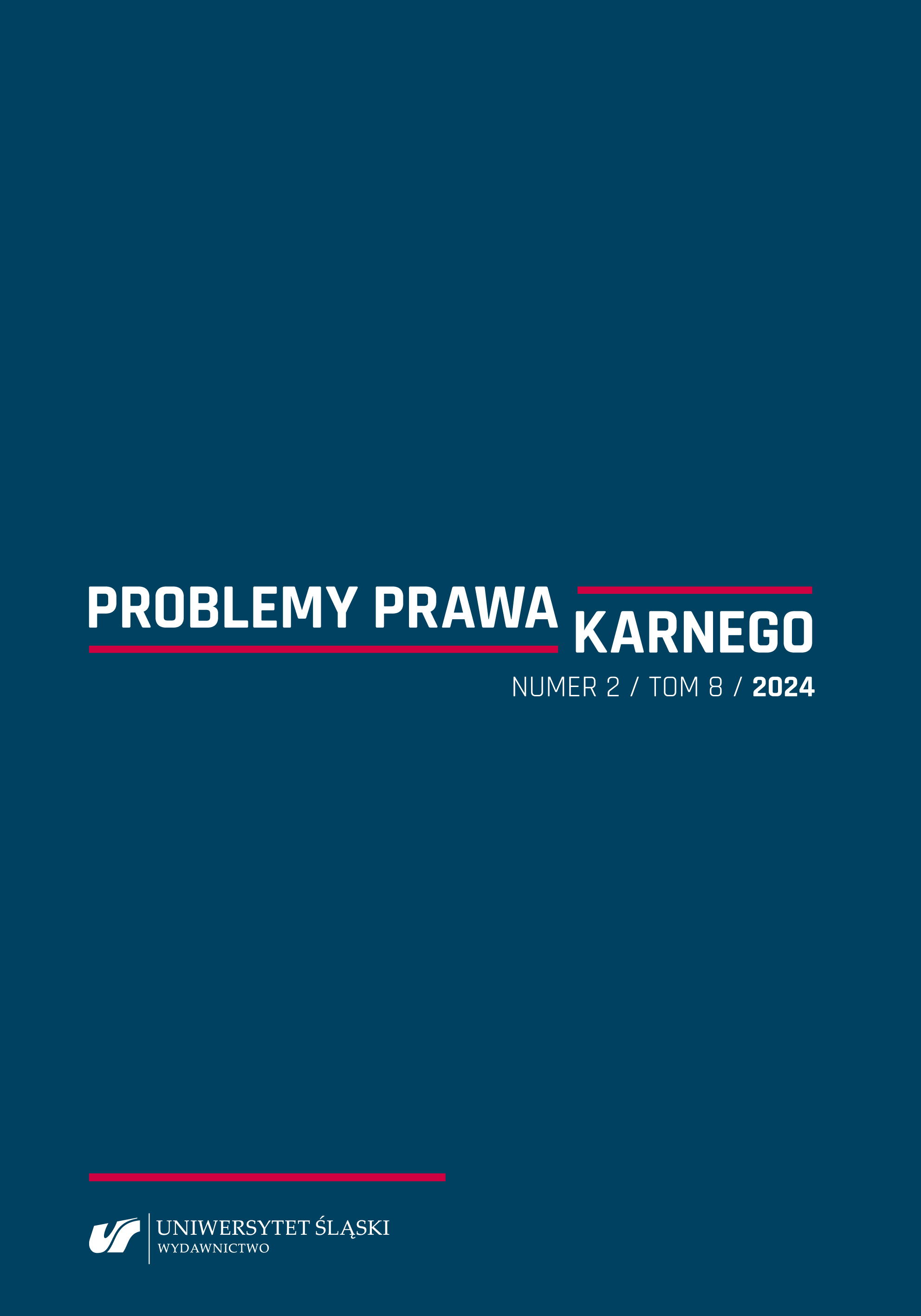Presidential pardon(s) in Uganda
Presidential pardon(s) in Uganda
Author(s): Jamil Ddamulira MujuziSubject(s): Law, Constitution, Jurisprudence, Constitutional Law, Criminal Law, Peace and Conflict Studies
Published by: Wydawnictwo Uniwersytetu Śląskiego
Keywords: Uganda; presidential pardon; free pardon; conditional pardon; prerogative of mercy; Article 121 of the Constitution; Field Court Martial
Summary/Abstract: In the Constitution of Uganda, there are two circumstances in which a person may be granted a pardon. A pardon may be granted to a person before he/she has been prosecuted for an offence. Thus, Article 28(10) of the Constitution provides that ‘[n]o person shall be tried for a criminal offence if the person shows that he or she has been pardoned in respect of that offence.’ A pardon can also be granted to a person after he/she has been convicted of an offence. This is under Article 121(1)(a) which provides that the President, on the advice of the Advisory Committee on the Prerogative of Mercy, may ‘grant to any person convicted of an offence, a pardon either free or subject to lawful conditions.’ On the basis of Article 121, the President has pardoned hundreds of prisoners without imposing any condition(s). As a result, they are often released from prison immediately. These could be classified as free or unconditional pardons. However, Ugandan legislation is silent on the grounds on which a free pardon may be granted and whether a free pardon expunges a conviction. Relying on case law and legislation from countries such as South Africa, the United Kingdom, Australia, New Zealand and Canada, the author argues that since Ugandan legislation does not provide that a free pardon should only be granted to a person who was wrongfully convicted of an offence, a free pardon does not expunge a conviction. Under Article 121(6), the President’s pardon powers do not extend to those convicted by a Field Court Martial. However, in Uganda Law Society and Another v Attorney General, the Constitutional Court held that Article 121 is applicable to cases where the offenders were convicted by a Field Court Martial. It is argued that this reasoning is contrary to the drafting history of Article 121(6). It is also argued that Article 121(6) is only applicable in cases where the Field Court Martial was operating during an armed conflict. The Constitutional Court held that a prisoner has a right to petition the President to exercise the prerogative of mercy. It is argued that this view is neither supported by Article 121 nor any legislation. It is also argued that section 102 of the Trial on Indictments Act which provides for the role of the Minister in the prerogative of mercy process is contrary to Article 121(5) of the Constitution and should be interpreted to bring it in conformity with the Constitution or be declared unconstitutional. Parliament may have to amend or enact legislation to expressly stipulate whether a free pardon expunges a conviction.
Journal: Problemy Prawa Karnego
- Issue Year: 8/2024
- Issue No: 2
- Page Range: 1-37
- Page Count: 37
- Language: English

